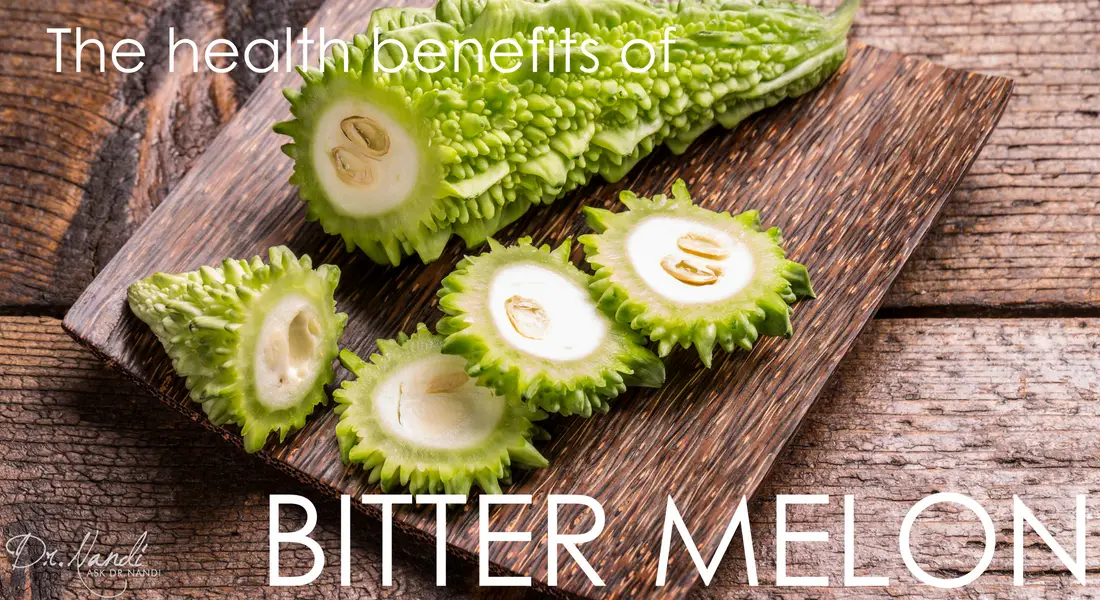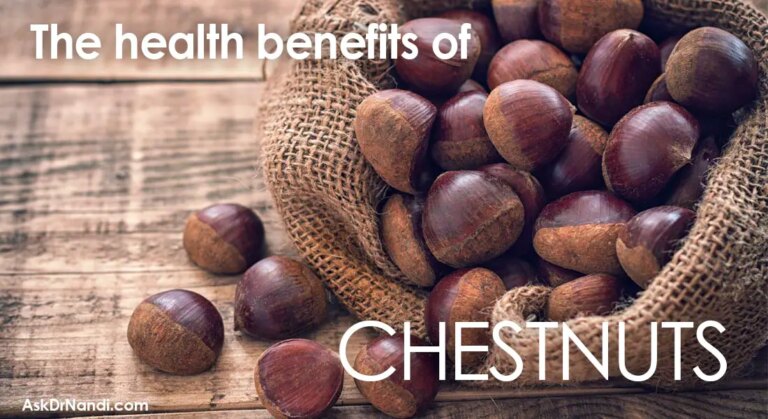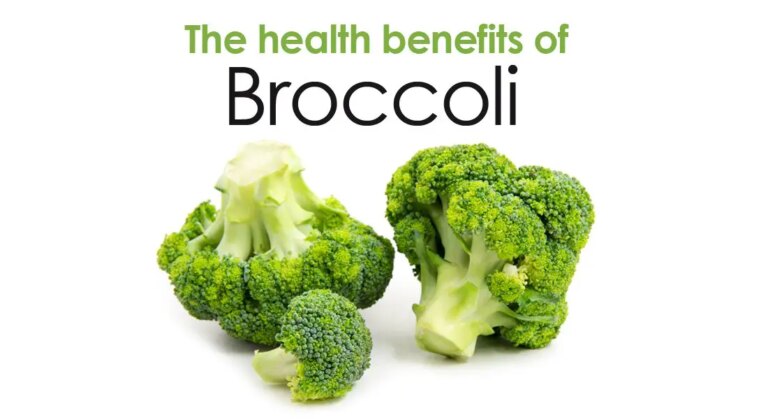Despite its reputation as bitter and unappealing, Karela, or bitter gourd, has many health benefits and is used in folk medicine.
Nutritional Value of Bitter Melon
There are several essential nutrients found in bitter melon that make it an excellent source. One cup (94 grams) of raw bitter melon provides:
- 20 calories
- 4 grams of carbohydrates
- 2 grams of fiber
- 93% of the Reference Daily Intake (RDI) of vitamin C
- 44% of the RDI of vitamin A
- 17% of the RDI of folate
- 8% of the RDI of potassium
- 5% of the RDI of zinc
- 4% of the RDI of iron
Bitter melon is high in vitamin C, a vital micronutrient involved in disease prevention, bone development, and wound healing. It’s also rich in vitamin A, a fat-soluble vitamin that promotes skin health and good eyesight.
It contains folate, essential for growth and development, and lesser amounts of potassium, zinc, and iron. Bitter melon also contains catechin, gallic acid, epicatechin, and chlorogenic acid — antioxidant compounds that can help protect your cells from damage.
Health Benefits of Bitter Melon
Some of the health benefits of bitter melon are listed below.
Bitter Melon Has Anti-Diabetes Property
Studies have shown bitter melon contains phytonutrients like polypeptide P that mimic insulin activity and reduce blood sugar levels in people with diabetes. Bitter melon also contains vicine, a glycol alkaloid that is hypoglycemic. Recent studies have shown that other phytochemicals help bitter melon with potent anti-diabetic activity.
Bitter Melon Promotes Good Eye Health
Bitter melon may improve eye health, according to new research. Bitter melon has shown promising outcomes in treating cataracts and age-related macular degeneration. Bitter melon contains a lot of beta–carotene and vitamin A. Both nutrients are essential for eye health. Bitter gourd also contains vitamin C and other antioxidants, known to reduce damage to the eyes caused by oxidative stress.
Bitter Melon Has Vitamin C and Aids the Immune System
The bitter gourd, high in vitamin C, benefits your immune system. Vitamin C has antiviral properties capable of stimulating the immune system and the anti-inflammatory response in the intestinal system.
Bitter Melon Contains a Lot of Fiber
Adding bitter gourd to your diet will add more fiber to your digestion. Bitter melon contains cellulose which helps to improve digestion and is also helpful in the prevention of dyspepsia and constipation. There is evidence that bitter melon kills stomach worms.
Bitter Melon May Have Cancer-Fighting Properties
According to some studies, bitter melon has anti-cancer compounds. One test-tube experiment revealed that bitter melon extract could kill stomach, colorectal, lung, and nasopharyngeal cancer cells.
A similar test-tube study reached similar conclusions, indicating that bitter melon extract was able to inhibit breast cancer cell growth and spread while also causing cancer cell death. These studies were done on individual cells in a laboratory using concentrated doses of the bitter melon extract.
More research is required to discover how bitter melon might influence cancer growth and development in people when ingested at the usual dosages present in food.
Bitter Melon Could Decrease Cholesterol Levels
Cholesterol levels can accumulate fatty plaque in your arteries, making your heart work harder to pump blood. Several animal studies revealed that bitter melon might reduce cholesterol levels and promote general heart health.
According to another study, a bitter melon extract reduced cholesterol levels in rats more significantly than a placebo. Bitter melon extracts in higher doses showed the most benefit. As of now, few studies using bitter melon extract at high doses have explored its cholesterol-lowering potential.
Humans need more research on whether the gourd can have these same effects when consumed as part of a healthy diet.
Bitter Melon May Aid Weight Loss
Bitter melon is very low in caloric content. A serving only has 17 calories. Several studies have shown that eating bitter melon can increase the production of bile acids, which are necessary for the breakdown of fat in the human body. A recent study has shown that bitter melon has effectively controlled weight gain and controls the accumulation of body fat without altering energy intake in rats. More studies are needed to confirm these promising results.
Bitter Melon Versatile and Delicious
Bitter melon has a strong flavor that blends well in numerous recipes. Start by cleaning the fruit and cutting it lengthwise. Remove the seeds from the middle of the fruit with a spoon and slice them thinly.
Bitter melon is available as a raw or cooked fruit. Cooking methods include pan-frying, steam-cooking, baking, or even hollowing out and filling.
References:
- Vitamin C in Disease Prevention and Cure: An Overview – PMC (nih.gov)
- What is vitamin A and why do we need it? – PMC (nih.gov)
- Folic Acid Supplementation and Pregnancy: More Than Just Neural Tube Defect Prevention – PMC (nih.gov)
- Beneficial Role of Bitter Melon Supplementation in Obesity and Related Complications in Metabolic Syndrome – PMC (nih.gov)
- Antidiabetic effects of Momordica charantia (bitter melon) and its medicinal potency – PMC (nih.gov)
- Momordica charantia Administration Improves Insulin Secretion in Type 2 Diabetes Mellitus | Journal of Medicinal Food (liebertpub.com)
- Hypoglycemic effect of bitter melon compared with metformin in newly diagnosed type 2 diabetes patients – ScienceDirect
- Momordica charantia Extract Induces Apoptosis in Human Cancer Cells through Caspase- and Mitochondria-Dependent Pathways – PMC (nih.gov)
- Momordica charantia and Type 2 Diabetes: From in vitro to Human Studies | Bentham Science (eurekaselect.com)
- High cholesterol: Overview – InformedHealth.org – NCBI Bookshelf (nih.gov)
- Wild bitter gourd improves metabolic syndrome: A preliminary dietary supplementation trial – PMC (nih.gov)
- The effects of Momordica charantia on obesity and lipid profiles of mice fed a high-fat diet – PMC (nih.gov)



















